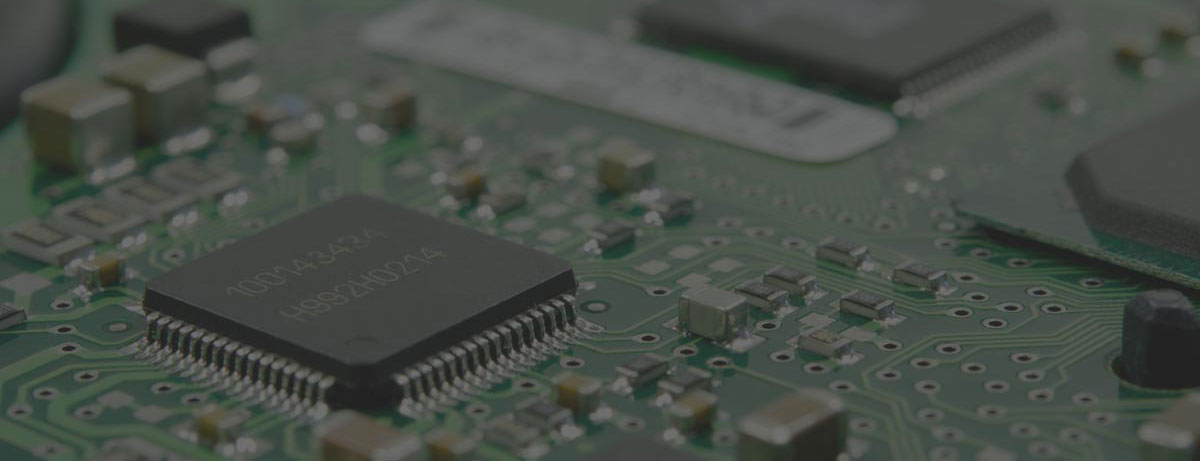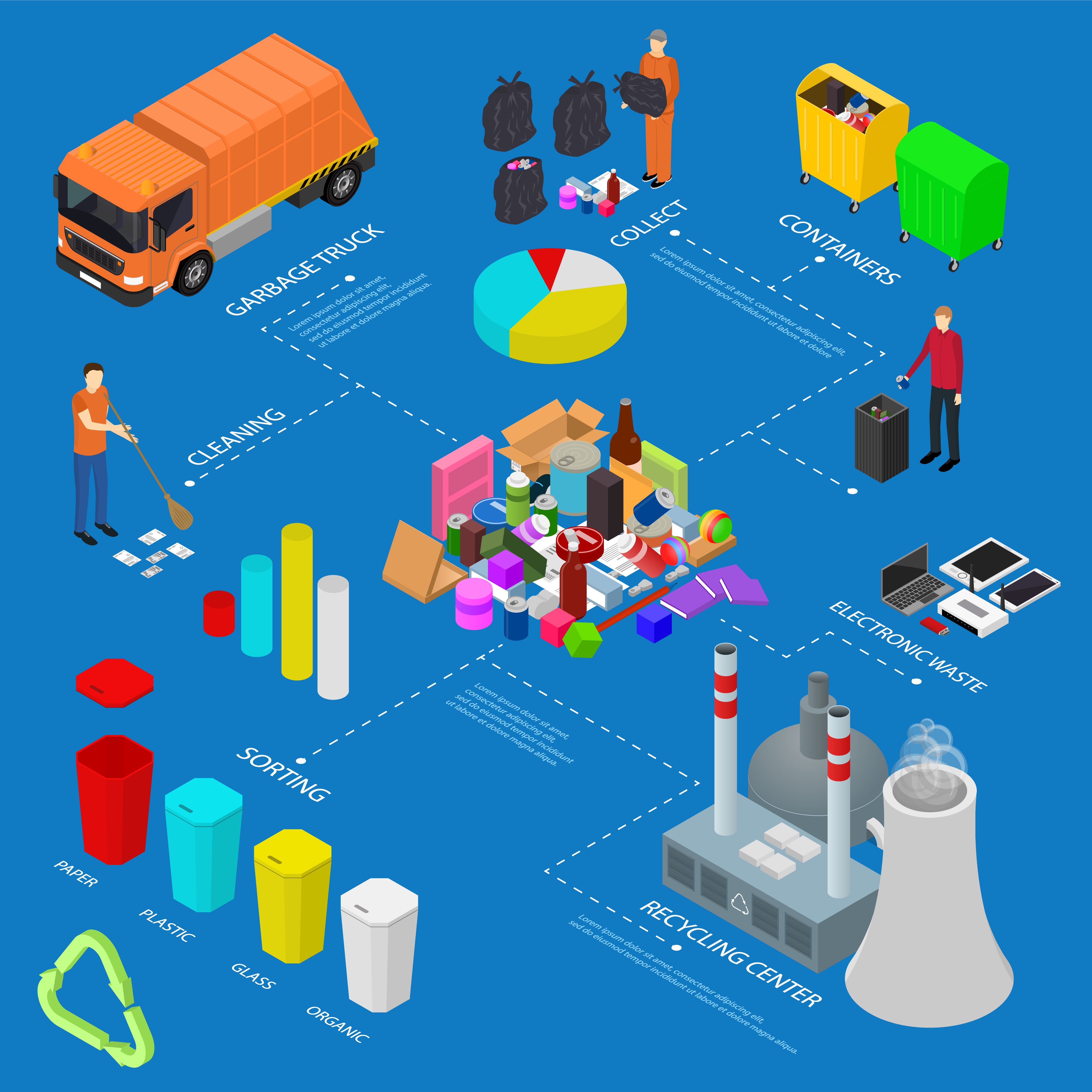Electronic waste, otherwise known as e-waste, is growing. With this growth comes a need for an effective and safe method for electronic waste disposal.
People and businesses are desperately looking for more information on computer, TV, and small appliance recycling programs to help them get rid of unneeded electronic items responsibility and effectively.
Why?
The two main reasons being environmental and identity theft concerns.
The explosive amount of new and cheap electronics has resulted in a continual and accelerated disposal of electronics.
With so much focus on our electrical devices, a lot of private information is left on these items which can lead to identity theft and privacy concerns.
On top of that, the buildup of electronics in our landfills has begun to cause a myriad of issues and concerns.
In this article, we will review some of the basic questions surrounding electronic waste recycling, why it’s important and what you can do about it.
What Exactly Is E-Waste?
Electronic devices that are broken or unwanted are known as e-waste.
These items included outdated computer equipment, televisions, stereos and mobile phones. Due to the materials, these items are made of, they can be easily and safely recycled.
However, a lot of these items still manage to find their way to the landfill.
Why is Electronic Waste Recycling Important?
There are many reasons why recycling your electronic waste is becoming increasingly important. While there are a few reasons that are well-known, there are some that may be more surprising.
1. Source of Raw Materials
According to the United Nations, E-waste contains precious metals that are estimated to be between 40-50 times richer than the materials mined from the Earth.
2. Solid Waste Management
Solid waste is accelerating at an incredible pace. With the explosion in electronic device usage around the world, this amount of solid waste is becoming even greater. By recycling your e-waste, you’ll be contributing to the reduction in solid waste.
3. Toxic Material
Electronic devices contain a number of toxic substances such as mercury, lead, chromium and cadmium that are extremely harmful to our environment and to our health once these substances leach into our soils and waterways.
How Can I Recycle My Old Electronics?
There are a number of recycling opportunities, depending on where you live.
Donating your equipment to second-hand stores or thrift stores is a popular choice since you’re not just recycling your e-waste but you’re also helping other people who may not be able to afford new electronics.
If your e-waste is broken and unusable, you can track down your nearest BestBuy or electronic waste disposal center. For management of e-waste in San Francisco, I Got E-Waste offers convenient pick-up services that are fast and simple. I Got E-Waste accepts a wide-variety of recycled items that are processed and dealt with responsibly and effectively.
Sound awesome?
E-waste doesn’t have to be a doom and gloom situation. Sometimes, all you need is a little help.
Head on over to our terms page to see if you qualify for our cost-effective and convenient service to suit your electronic waste needs.



